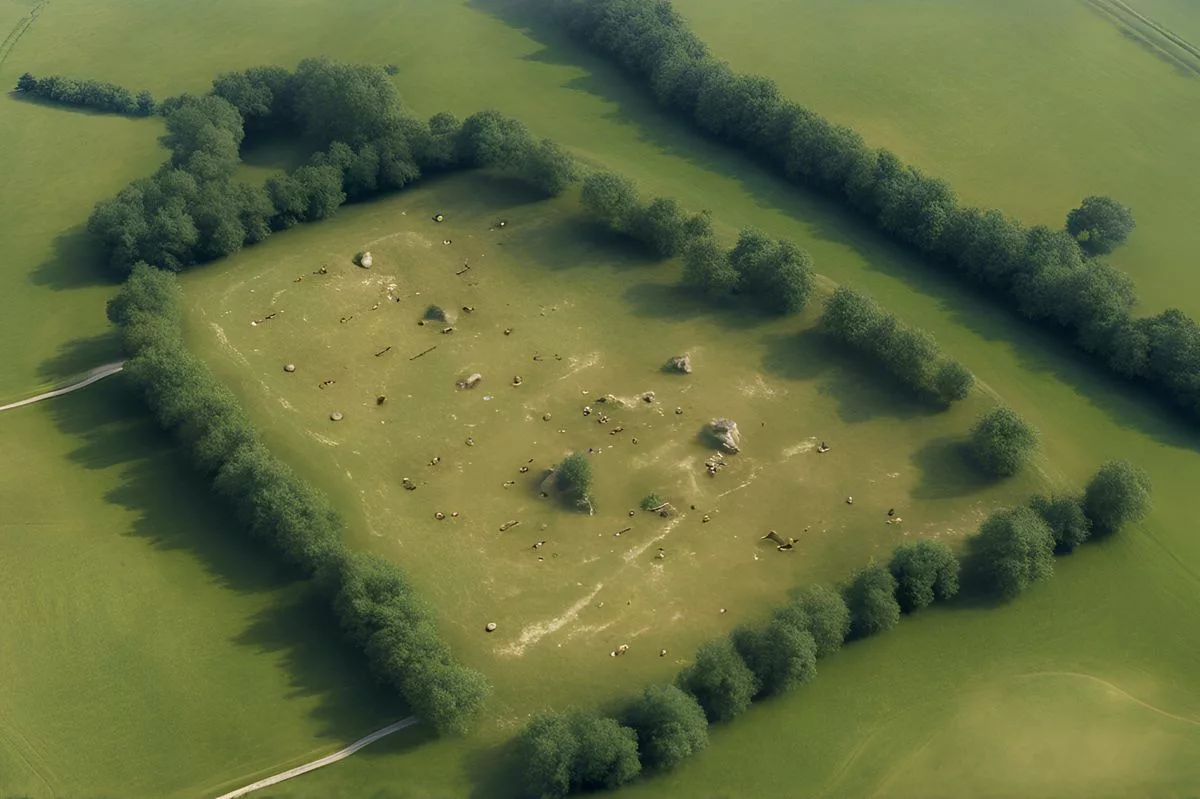South Africa’s two remarkable sites are being considered for UNESCO World Heritage status, which would provide protection under the World Heritage Convention and inscription in the World Heritage List. The sites, located in Western Cape, capture the formative years of our ancestors and offer a glimpse into their history. The potential recognition could lead to economic growth and employment opportunities, while also protecting these ancient treasures for future generations. The world waits with anticipation for the final decision from the UNESCO Session.
Will South Africa’s two remarkable sites receive UNESCO World Heritage status?
South Africa has put forth two significant locations for consideration, a result of several years of extensive stakeholder consultation, uncompromising quality control measures, and rigorous international evaluation. These nominations, if successful, will receive protection as per the World Heritage Convention and be inscribed in the World Heritage List.
In what is expected to be a decisive turning point in the cultural and historical context of South Africa, the 46th Session of the UNESCO World Heritage Committee is set to take place this week. The primary subject of deliberation is the potential conferment of World Heritage status on two remarkable sites located in Western Cape. Representatives from the Western Cape government will collaborate with their peers from other provinces and the national government. The assembly will take place in New Delhi, with deliberations scheduled from 21st to 31st July, 2024.
South Africa has put forth two significant locations for consideration, a result of several years of extensive stakeholder consultation, uncompromising quality control measures, and rigorous international evaluation. These nominations, if successful, will receive protection as per the World Heritage Convention and be inscribed in the World Heritage List. Titled ‘The Emergence of Modern Human Behaviour: The Pleistocene Occupation Sites of South Africa’, the nomination encapsulates three Middle Stone Age sites that provide profound insights into the origins of modern human behaviour.
Exceptional Sites: Showcasing South Africa’s Archaeological Heritage
The sites under consideration are the Diepkloof Rock Shelter near Elands Bay and the Pinnacle Point Site Complex in Mossel Bay, both located in the Western Cape, and the Sibhudu Cave in KwaDukuza, KwaZulu-Natal. Each location stands as a testament to South Africa’s abundant archaeological inheritance, offering a glimpse into the formative years of our ancestors.
The Provincial Minister of Cultural Affairs and Sport, Ricardo Mackenzie, expressed his profound admiration for these sites, describing them as “world-class archaeological gems.” According to him, these sites capture our capacity to endure, create, and innovate. They serve as a constant reminder of the necessity to preserve our cultural and natural heritage for succeeding generations. He views the potential World Heritage Site status as a catalyst for tourism surge, economic expansion, and job creation.
A Goldmine of Opportunities: Cultural and Economic Impact
Alan Wine, the Premier, echoed Mackenzie’s sentiments, acknowledging Western Cape’s privileged status due to its diverse cultural assets. Wine advocated for utilizing the importance of these sites to expand our communal knowledge and their potential to stimulate economic development and job opportunities.
The sites in the Western Cape are more than just archaeological marvels. They are enduring stories of human history, resilience, and innovation that have stood the test of time. A potential UNESCO recognition could not only protect these ancient narratives for future generations but also strengthen the region’s cultural appeal, inviting international tourists to step into a time capsule.
Awaiting UNESCO’s Decision: The Future of South Africa’s Heritage Sites
As the UNESCO Session approaches, there is a palpable anticipation for the outcomes. The approval of these sites will mark a significant landmark for South Africa. The acknowledgment will not only ensure the preservation of these sites’ historical essence but also stimulate economic growth and employment prospects. The world waits with bated breath for the final decision, hoping that these keepers of human history will receive the recognition they merit.
These masterpieces of human history have the potential to transform the trajectory of South Africa’s tourism, culture, and economy. The possible UNESCO recognition would not only protect these ancient treasures but also accentuate the region’s cultural charm. This would attract global tourists to indulge in an enriching journey back in time. This positive anticipation is the perfect illustration of the crucial role that cultural and historical preservation plays in societal advancement. As we await the final verdict from the UNESCO Session, it is evident that securing World Heritage Site status for these remarkable locations will be a monumental achievement for South Africa.
1. What are the two sites in South Africa being considered for UNESCO World Heritage status?
The two sites being considered for UNESCO World Heritage status in South Africa are the Diepkloof Rock Shelter near Elands Bay and the Pinnacle Point Site Complex in Mossel Bay, both located in the Western Cape.
2. What are the potential benefits of receiving UNESCO World Heritage status?
Receiving UNESCO World Heritage status would mean protection under the World Heritage Convention and inscription in the World Heritage List. This could lead to economic growth and employment opportunities, while also protecting these ancient treasures for future generations.
3. What is the title of the nomination for these two sites?
The title of the nomination for these two sites is ‘The Emergence of Modern Human Behaviour: The Pleistocene Occupation Sites of South Africa’. It encapsulates three Middle Stone Age sites that provide profound insights into the origins of modern human behaviour.
4. Who is advocating for the recognition of these sites?
The Provincial Minister of Cultural Affairs and Sport, Ricardo Mackenzie, and the Premier, Alan Wine, are both advocating for the recognition of these sites as UNESCO World Heritage sites. They view the potential recognition as a catalyst for tourism surge, economic expansion, and job creation.
5. What impact could the recognition of these sites have on South Africa’s tourism and economy?
The recognition of these sites could transform the trajectory of South Africa’s tourism, culture, and economy. It would not only protect these ancient treasures but also accentuate the region’s cultural charm, attracting global tourists to indulge in an enriching journey back in time.
6. What is the significance of the upcoming UNESCO Session for South Africa?
The upcoming UNESCO Session is a decisive turning point in the cultural and historical context of South Africa. The approval of these sites will mark a significant landmark for South Africa, ensuring the preservation of their historical essence and stimulating economic growth and employment prospects.












